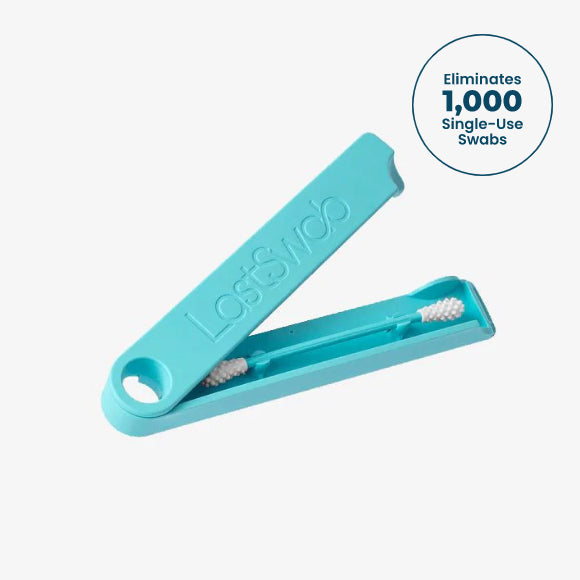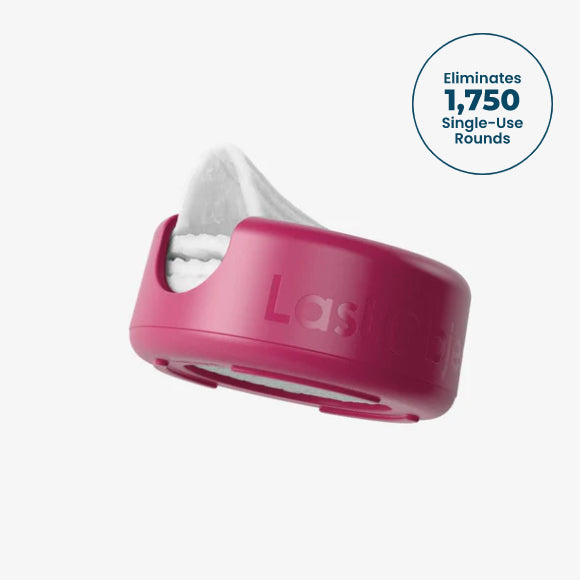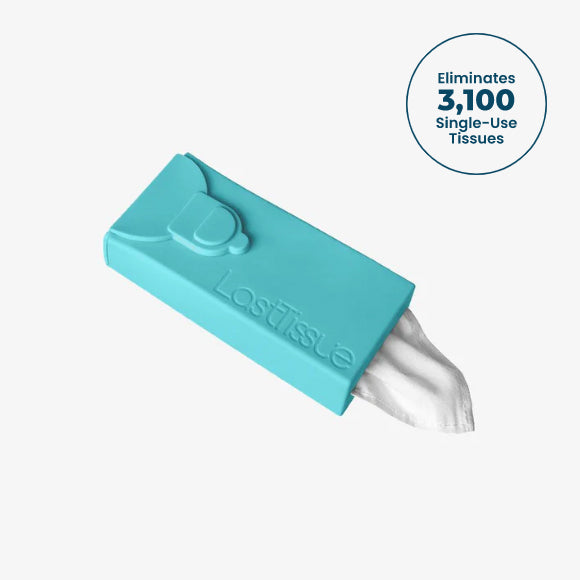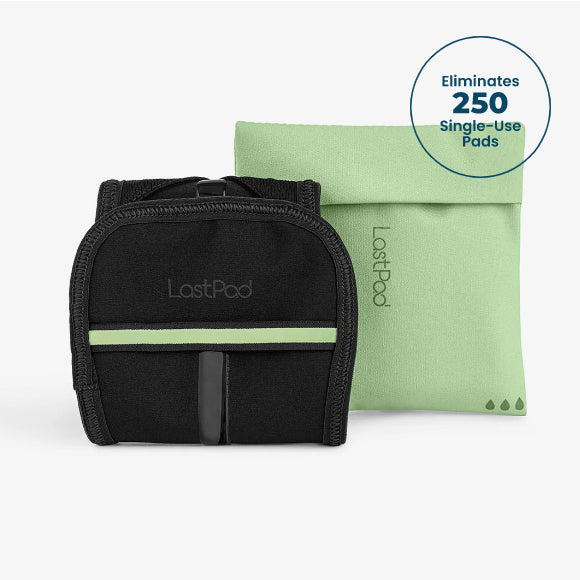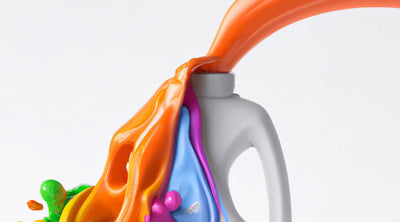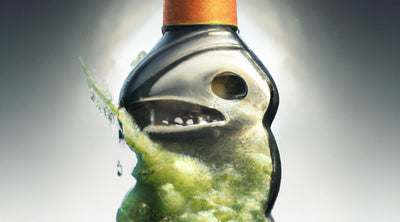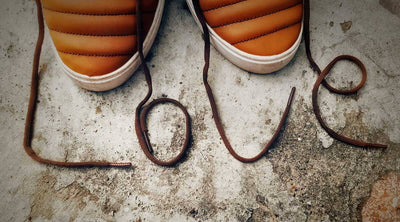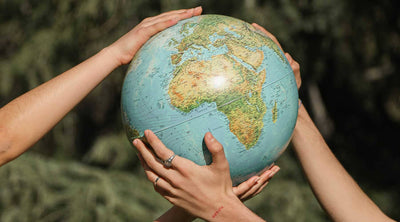Greenwashing: A Small Amount Of Recycled Plastic
24 Juli, 2020💚People care.
We care about having an impact. We want to do good things. And most of us don’t wish to do bad things if we can help it. And when it comes to doing something simple (like buying stuff), this is often a great way to show we care.
The world is beginning to search for eco friendly products. For companies that care. We may even pay more or wait longer just to know our money is going to something more beneficial for the planet and people on it.
The modern day solutions to environmental issues will come in large part from individuals and the private sector in which we support.
And just like everything else in the world that is a movement or is carrying energy, businesses will want to capitalize on it. Which can be fine if that business is simply showcasing their impactful initiatives, but not so okay when they give us a false sense of positive impact.
Businesses are capitalizing on the image of recycled plastic

In general, this is what greenwashing is, but a specific type of greenwashing that we want to talk about is recycled plastic. Or specifically, when companies make their products from a very small percentage of recycled plastic and label it as “sustainable.”
Of course every little bit helps and a little bit is better than nothing, but to do such a small amount like 2,5, or 10 percent and label it as a green product probably does more harm than good.
Harm because when this happens, words tend to stand out more than the actual measures. We want to tell ourselves we are buying ethically. And it’s easier to take a company’s word for it than actually look into what they are doing.
Humans are kinda lazy...and that’s fine alright!?
That’s the whole point of these greenwashing articles: to show what to watch out for and how not to fall into supporting these not-so-sustainable products and or businesses.
Recycling is limited, but maybe not as limited as businesses like to believe

As we know, recycling is far from perfect. And it’s often difficult to make everything from recycled plastic due to the nature of plastic’s ability to be only recycled downwards or horizontally in quality.
So to a point it makes sense that recycled plastic often just takes up a small percentage. But it can still be used as a great goal to keep increasing until finally at 100%.
While recycled plastics have their limits, it begs the question whether a company is doing enough if another company’s similar product is made from 100% recycled plastic.
Even then, even if a product is 100% recycled, does it deserve the label as a “sustainable product”? Recycling still requires energy, it pollutes, and can be relatively inefficient.
Take LastSwab's case for example: we are happy to make our LastSwab case out of plants, but those materials still require resources and a footprint of their own, although much less than plastic.

The point of this article isn’t to harp on businesses who are doing what they can, or what they think is the best they can do. The point is to tell consumers to watch out for sustainability claims without looking into them. Whether we know it or not, seeing a product labeled as eco friendly, green, or sustainable will make us feel better about buying more.
Which arguably...this mindset (even if the product is as eco friendly as possible) can be very detrimental. Because at the end of the day over consumption and the unnecessary is what has the most impact on the planet.
All in all, the fact that businesses are marketing their products as eco friendly is a good sign. It means they know consumers are wanting this. What will be really exciting though, is when all businesses are doing all they can, rather than marketing all they can.
MORE Sustainability 101 ARTICLES View all ›
Ready to make
the switch?
- Powerful Cleaning
- Dissolves Easily
- Skin-Friendly
- Eco-Friendly
- No Mess





